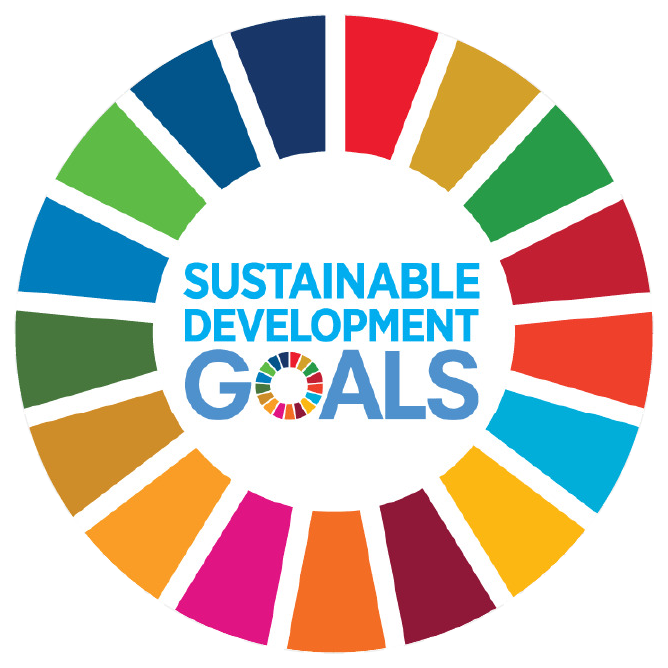image: T R Radhakrishnan |  some rights reserved
some rights reserved
 some rights reserved
some rights reservedi
Location:
Chennai, India
Chennai, India
Category:
urban planning
urban planning
Phase:
design development
design development
Updated:
10 August 2021
10 August 2021
How can designers facilitate value creation & negotiation of shared commons? How can communities identify, design & maintain these spaces as a collective?
In response to this, the initiative focuses on process design including games, placemaking tools & capacity building. If implemented, around 1600 sq m of commons can be reclaimed, impacting around 500 primary users. With only 0.8 sq m per capita open space in the city, every bit counts.
In response to this, the initiative focuses on process design including games, placemaking tools & capacity building. If implemented, around 1600 sq m of commons can be reclaimed, impacting around 500 primary users. With only 0.8 sq m per capita open space in the city, every bit counts.


















